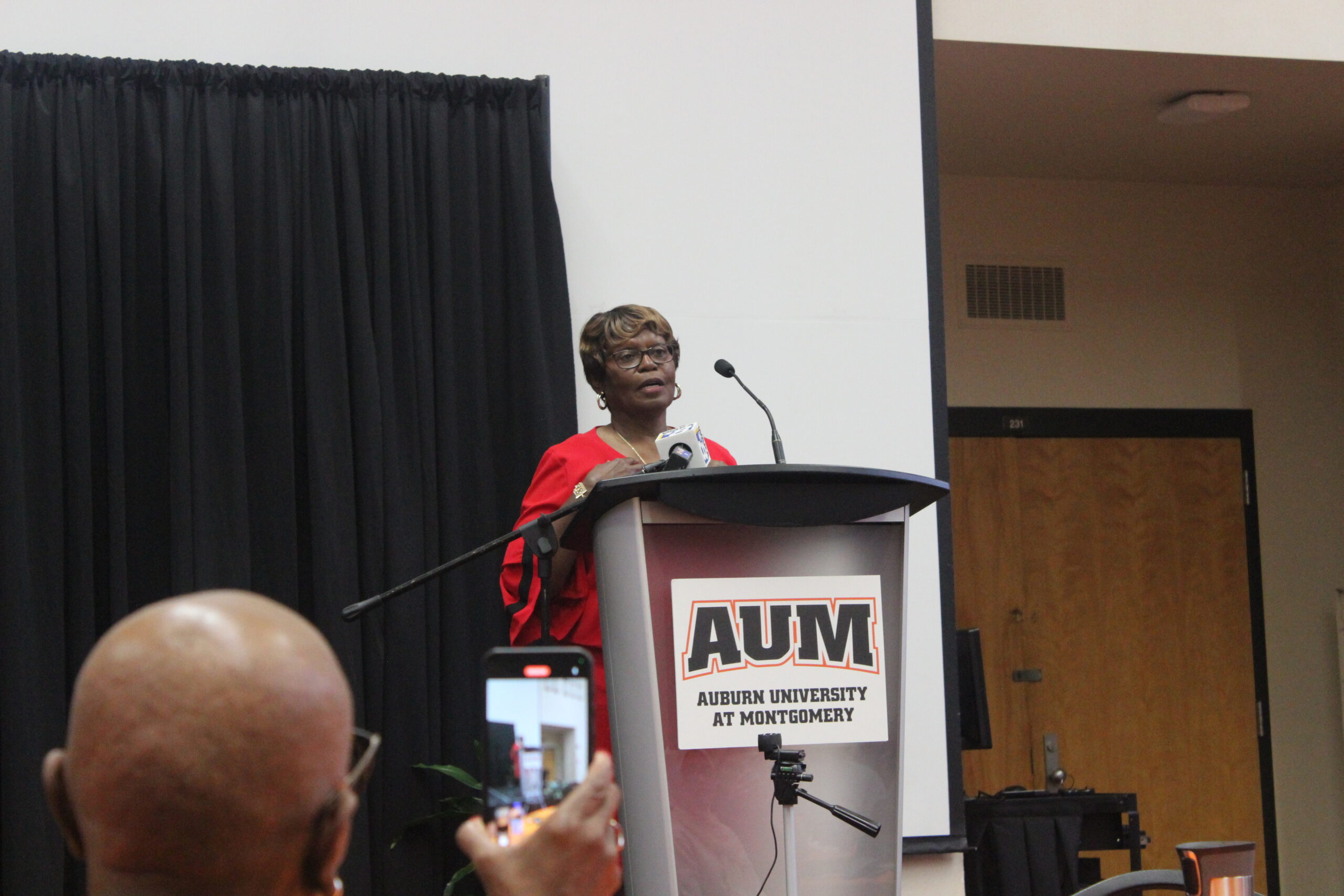Image courtesy of freepik.com
In a surprising move, Harvard University recently revealed that starting in the 2025-2026 academic year, families earning less than $200,000 will receive free tuition according to their admissions and financial aid page.
Harvard officials announced the decision in March and aims to provide an education for many who otherwise might not have been able to afford it, which is a good thing due to the previous lawsuit the university was involved in for previously favoring acceptance of legacy applicants.
“Our goal is to bring the most promising students to Harvard—period. We’ve created a financial aid program to help ensure that admitted students can afford their Harvard education. Our financial aid officers will work closely with your family to understand your financial situation, then create a comprehensive financial aid package that accounts for the full cost of attendance,” according to Harvard College’s admissions page.
Harvard’s decision to offer free tuition to families earning less than $200,000 comes as part of its alleged ongoing commitment to improve affordability for students. Harvard’s $50 billion endowment, which has been building for centuries through donations from alumni, corporate partners, and philanthropic contributions, seeks to increase accessibility for students regardless of financial background according to data from the National Center for Education Statistics’ Integrated Postsecondary Education Data System.
However, this decision comes as a shock as it was only a few months prior that the university was brought into hot water as a class action lawsuit filed in the U.S. District Court for the Northern District of Illinois, named Henry v. Brown University, also involved Harvard University. In fact, they were not the only ones, roughly 17 universities are accused of favoring wealthy students and overqualified ones. But why did this happen?
The Ivy League class action lawsuit, according to the financial aid trust settlement website, alleges that these institutions previously paid more attention to legacy applicants and donor families. The plaintiffs argued that these schools limited the amount of financial aid given to regular students, therefore those who couldn’t afford it were not financially supported as compared to those with a higher social standing.
Harvard may have made this decision to right their wrongs as previous actions of other Ivy League institutions might have put their reputation in jeopardy. Such as in 2019, when the Varsity Blues scandal exposed a criminal conspiracy where wealthy parents bribed coaches, falsified athletic records, and paid for test scores to secure spots for their children. Some of the names include Felicity Huffman, Robert Flaxman, Gregory and Marcia Abbott, and Gordon Caplan according to the U.S attorney’s office district of Massachusetts.
Duke University, one of the institutions who agreed to payout large settlements, has a mission statement on their website that claims to select students based on “character, determination, and application,” aiming to develop leaders of “high ethical standards”, though Duke has been under fire in this investigation.
By agreeing to a payout to avoid further legal damage, Duke’s actions contradict their commitment to integrity and ethical leadership, and this is just one of the 17 accused. However, with the new decision Harvard University just made, this may show some form of penance for their biases in the past. As now it is speculated that other Ivy League universities are soon to follow suit as this has raised the reputation for Harvard among current college applicants.
While Harvard’s decision to offer free tuition may look like a step in the right direction, it has raised questions about their true motivation behind this decision. Is it an earnest attempt to correct past mistakes, or a strategic move to salvage the university’s image due to the ongoing legal battles and public scrutiny?
Although the timing of this announcement is likely no coincidence, the move still carries significant potential benefits. Regardless of whether this is a PR stunt, it has the potential to increase access to one of the world’s top universities for a broader range of students, especially those from middle-class backgrounds. This could set a precedent for other Ivy League schools, prompting them to reconsider their financial aid policies along with the importance of financial equality to students.
So, while it is a tad bit questionable, Harvard’s shift toward greater financial accessibility is undeniably a good step in the right direction. The broader impact could lead to a shift in the diversity of higher education, encouraging more institutions to prioritize affordability and fairness in the admissions process rather than wealth or name.




